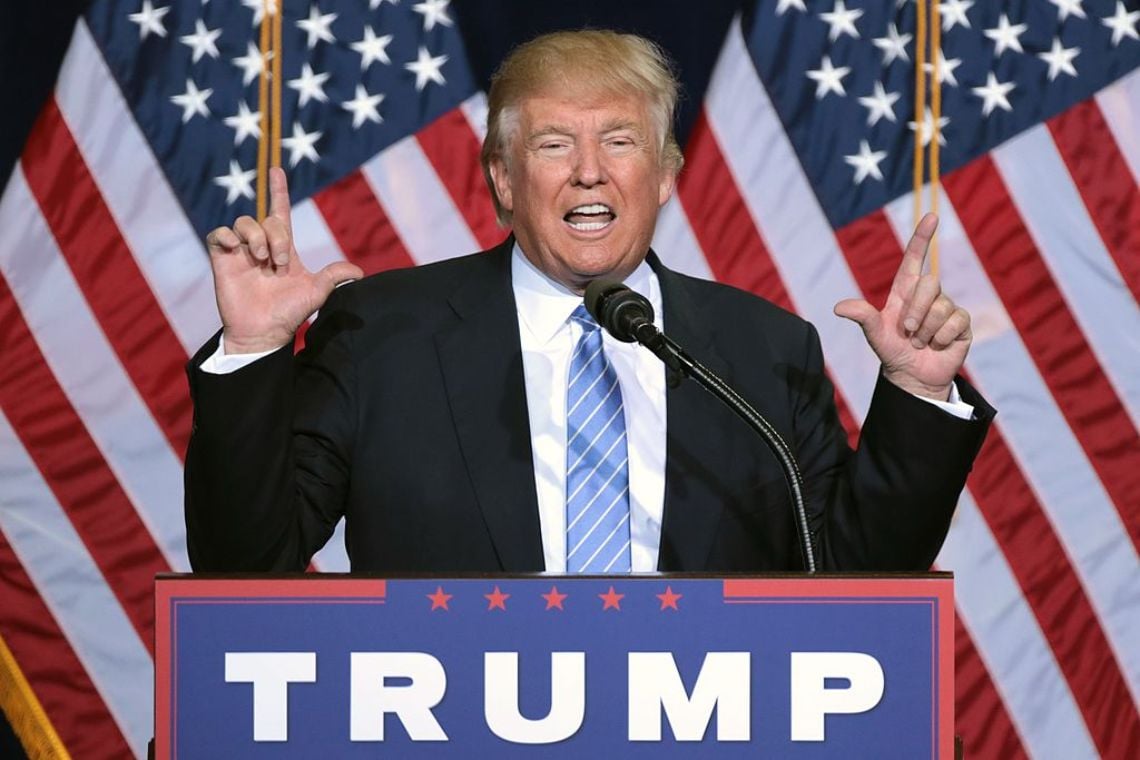Former US President Donald Trump has returned to talk about cryptocurrencies, calling them a disaster.
Summary
The return of Donald Trump
After the events on Capitol Hill, the former US President sadly left the stage to his successor Joe Biden. At the same time, he was banned from major social media, starting with Facebook and Twitter. Yesterday, The Donald returned to speak in an interview with Fox Business, Varney&Co, talking not only about Afghanistan and the US economy, but also about cryptocurrencies.
Already in the past, the former US President had said he was not a fan of Bitcoin. This time, he has substantially upped the dose. When asked if he dabbled with Bitcoin or cryptocurrencies, he replied:
“I don’t. I like the currency of the United States, others are potentially a disaster waiting to happen. I think it hurts US currency. We should be invested in our currency and not in others that are maybe fake, who knows what they are. They are certainly something people don’t know very much about, no I’m not a big fan”.
Bitcoin is a scam for Donald Trump
Basically, Donald Trump just reiterated what he had already said last June: Bitcoin is a scam, and it weakens the US dollar.
But is this true? The dollar and Bitcoin are actually two different currencies. The dollar is an inflationary currency, used for payments and investments, the most important currency in the world. Bitcoin, although born as a means of payment, is becoming increasingly accredited as a store of value.
This does not make it competitive with the US dollar.
However, in El Salvador Bitcoin and the dollar will soon coexist. It will be interesting to observe this experiment on a small scale, to see if BTC has a chance of overshadowing the world’s strongest currency.
Cryptocurrency policy in the US
The fact that Trump did not like cryptocurrencies was also evident from the policies he was pursuing. Among the last acts of his government was a bill (which was not passed in time) that wanted to make cryptocurrency wallets non-anonymous.
However, those who thought that Joe Biden’s policy was more accommodating have had to think again.
In fact, the recent approval of the Infrastructure Bill in the Senate shows that even the Democrats have their eyes on cryptocurrencies. More than anonymity, however, they are interested in finding a way to tax them as much as possible.
The new treasury secretary, Janet Yellen, is determined to regulate the sector. The aim is to provide clarity, protect investors and give definite rules.
Rather than Bitcoin though, it is the stablecoins that are under the lens of the US authorities. As early as 2019, Libra (now Diem) opened the debate on the possibility of private entities (such as Facebook) disseminating currencies that could compete with the dollar. This scenario also included the vertical growth of Tether, which exceeded 60 billion in capitalization.
This opened up two problems
- the risk that an electronic currency equivalent to the dollar might actually compete with the dollar;
- the need for these stablecoins to prove that they are backed by collateral.
This is also why the United States is studying a digital dollar, a so-called Central Bank Digital Currency, in order not to fall behind in innovation, and above all not to leave the field open to China.
However, the digital dollar is still in its infancy. It will probably be years before it sees the light of day.



